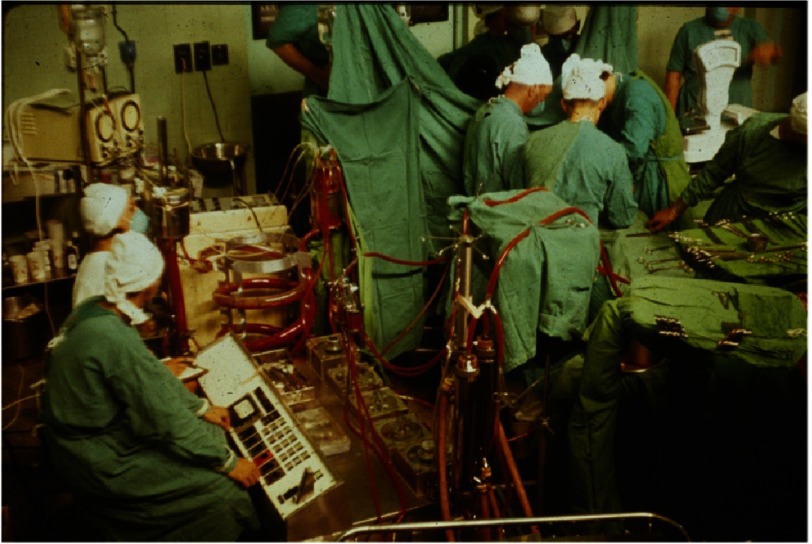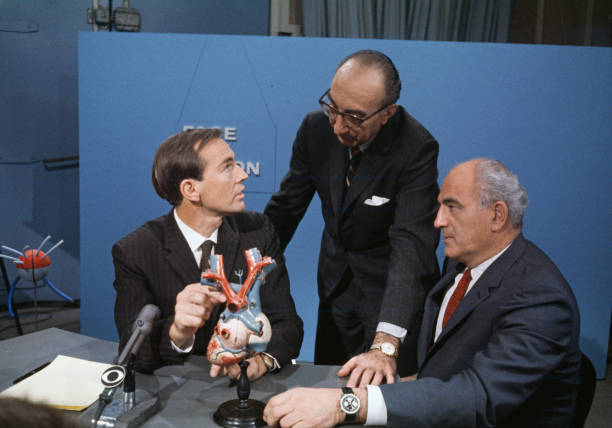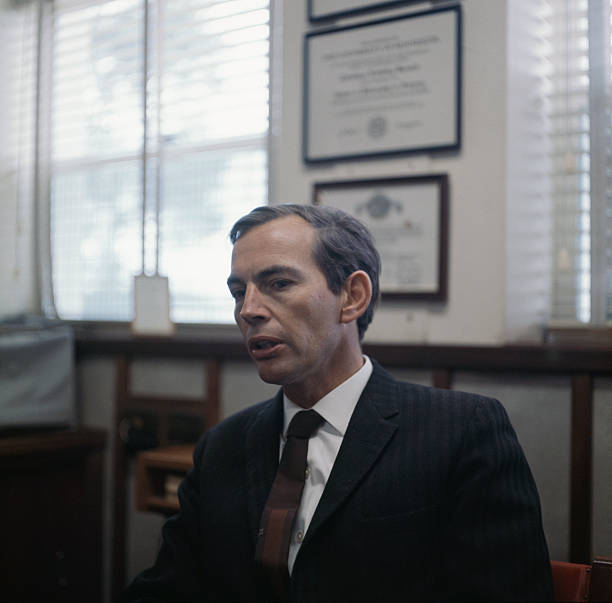Christiaan Neethling Barnard (8 November 1922 – 2 September 2001) was a pioneering South African cardiac surgeon, globally renowned for performing the world’s first successful human-to-human heart transplant. This groundbreaking procedure, conducted on 3 December 1967, marked a monumental leap in medical science and solidified Barnard’s place as a leader in the field of cardiac surgery.
Born in Beaufort West, Cape Province, Barnard’s early life was shaped by a combination of personal tragedy and inspiration from his religious upbringing. The loss of his younger brother to a heart condition and the stillbirth of a sister left a lasting impact on him. His academic journey began at the University of Cape Town, where he earned his MB ChB in 1945, setting the stage for a distinguished career in medicine.
Early Medical Career and Breakthroughs
After completing his internship at Groote Schuur Hospital in Cape Town, Barnard began his medical practice, making significant early contributions, including pioneering a life-saving procedure for treating intestinal atresia in infants. This innovative technique would go on to save numerous lives and become a standard practice worldwide. Barnard further honed his surgical skills in the United States, where he trained under prominent surgeons, including Owen Wangensteen and Walt Lillehei. Upon returning to South Africa in 1958, he became head of the Department of Experimental Surgery at Groote Schuur Hospital, a role that would propel him into the international spotlight.
Barnard’s early research into congenital conditions, such as intestinal atresia, set the stage for his later work in heart surgery. By the early 1960s, Barnard had made remarkable strides in the field of cardiac surgery, laying the groundwork for what would become his most famous achievement.
The First Heart Transplant

On the morning of 3 December 1967, Barnard and his team performed the first human-to-human heart transplant at Groote Schuur Hospital. The recipient, Louis Washkansky, a 54-year-old man suffering from heart disease, received the heart of 25-year-old Denise Darvall, who had died from a car accident. Despite the risks involved, the procedure was deemed a success, with Washkansky regaining full consciousness and even conversing with his wife. However, he succumbed to pneumonia 18 days later, likely a result of the immunosuppressive drugs that were used to prevent organ rejection.
Barnard’s success in performing this pioneering surgery generated worldwide attention and sparked both admiration and controversy. He later performed a second heart transplant on Philip Blaiberg in 1968, who survived for 19 months post-surgery, further cementing Barnard’s reputation as a leader in heart transplantation.
Contributions and Innovations in Cardiac Surgery
Barnard’s heart transplants were not limited to human-to-human procedures. He was instrumental in developing the heterotopic heart transplant, a technique where a donor heart is placed alongside the recipient’s diseased heart. This procedure demonstrated a higher survival rate than traditional heart transplants and was a testament to Barnard’s innovative approach to cardiac care. He also continued to push the boundaries of transplant medicine by experimenting with xenotransplantation, attempting to transplant baboon and chimpanzee hearts into humans.

Despite the challenges and controversies surrounding his work, Barnard remained a steadfast advocate for advancing heart transplantation. His tireless efforts were eventually rewarded when cyclosporine, an immunosuppressive drug, became widely available, greatly improving the success rates of heart transplants worldwide.
Personal Life and Legacy
Barnard’s personal life was marked by multiple marriages and a high-profile lifestyle. He married three times, with his most notable relationships being with Aletta Gertruida Louw, Barbara Zoellner, and Karin Setzkorn. In addition to his personal life, Barnard was outspoken about his views on apartheid and South African politics, using his fame to advocate for change. He remained committed to improving the lives of underprivileged children, founding the Christiaan Barnard Foundation, which aimed to provide healthcare and support to children around the world.

In his later years, Barnard turned his attention to anti-aging research, though his involvement with a controversial skin cream, Glycel, led to criticism. He also became a Scientist-In-Residence at the Oklahoma Transplantation Institute, where he continued to contribute to medical advancements. Barnard’s life was tragically cut short when he passed away on 2 September 2001, due to an asthma attack while on vacation in Cyprus.
A Lasting Impact
Christiaan Barnard’s legacy as a medical pioneer is undeniable. His work in cardiac surgery revolutionized the field and paved the way for countless advances in organ transplantation. His bold decision to perform the first human heart transplant changed the course of medical history, offering hope to patients worldwide.
Barnard’s contributions were not only in the operating room but also in his advocacy for healthcare reform, his role in advancing surgical research, and his dedication to improving the lives of others. Today, he is remembered not only for his groundbreaking achievements but also for his commitment to pushing the boundaries of what was thought possible in the world of medicine.
Through his autobiography, books, and continued support for medical research, Christiaan Barnard’s influence endures, inspiring future generations of medical professionals and researchers.



